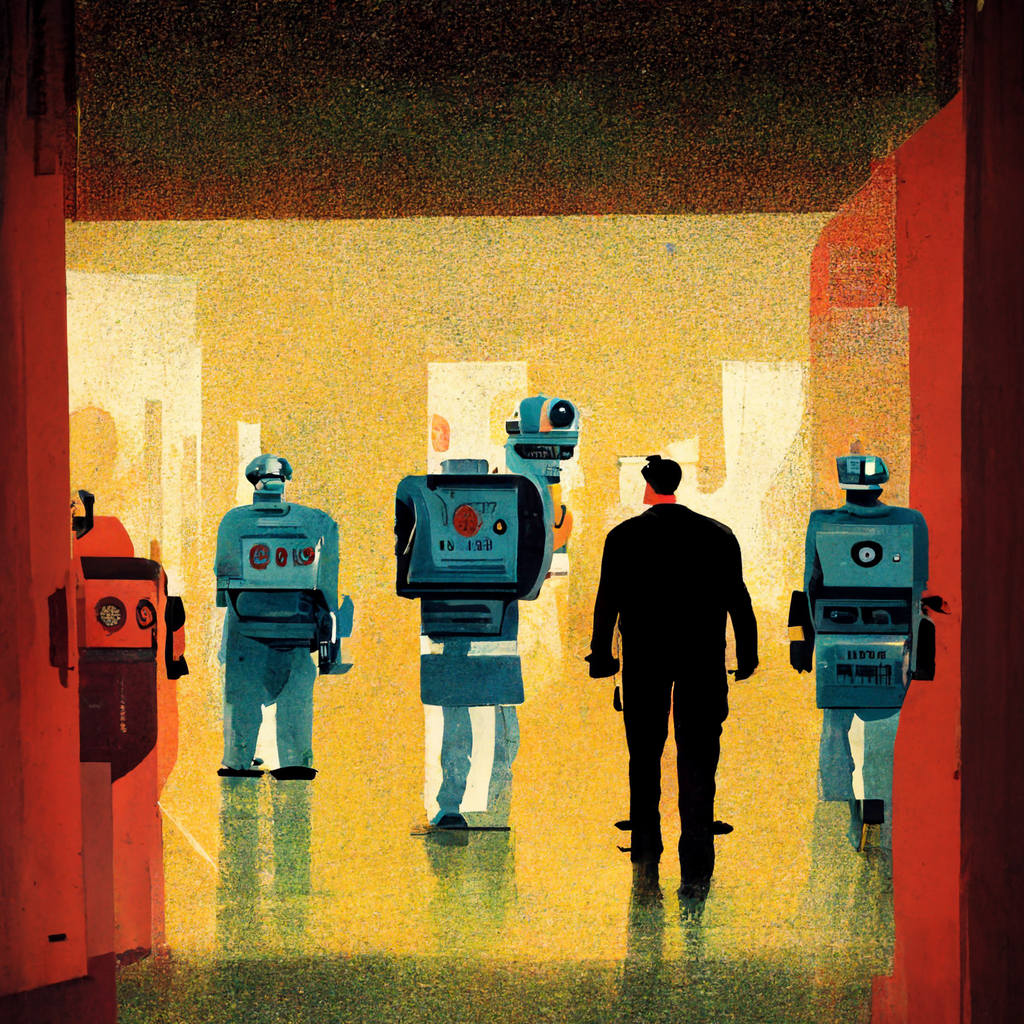Robots are not taking our jobs. It’s a good story to create eye-catching headlines and generate clicks, but the numbers do not support it in any way. Michael Handel of the U.S. Bureau of Labor Statistics has published a paper where he carefully analyzes job losses across many professions. He finds that job losses follow long-term trends, and there is no hint of the dramatic changes predicted by people who make a living from predicting that the sky will shortly fall.
That matches what I see in the organizations I work with. Traditional IT projects regularly fail, and AI projects have an even higher failure rate. They might deliver something, but too often, it turns out to be impossible to move an AI experiment out of the lab and into productive use.
Additionally, in the cases where AI does provide real business benefits, it handles one specific task and not a whole job. All of our AI today is very narrowly trained for one task. That frees up workers to do more useful things with their time, making them more productive.
For example, the illustration for this post is made by me and the Midjourney AI. It was told to illustrate “the robots are not taking our jobs.” We ran a few iterations where I selected the best of its suggestions until we came up with this image.



